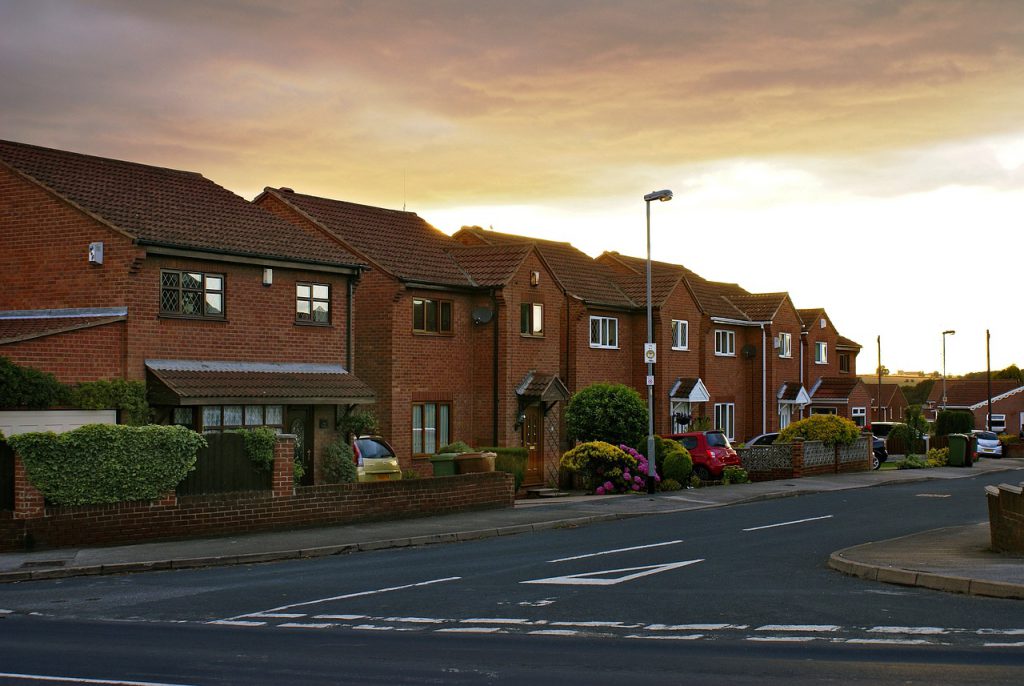
As the housing crisis continues to intensify, it’s no surprise to see the issue rising up the political agenda.
Interest rate hikes have led to soaring repayments for homeowners, with experts predicting a mortgage ‘timebomb’ as many fixed rate deals come to an end.
Rents, meanwhile, are at their highest on record and reportedly account for more than 30 per cent of monthly spend for four in 10 tenants under the age of 30.
Throw in a shortage of affordable and social housing, as well as frustrating planning delays, and it would seem there aren’t many reasons to be cheerful.
The next General Election isn’t due until 2025 but politicians will no doubt be vying to win over voters with promises of tackling the ongoing crises. Here we take a look at some of the parties’ proposals for easing the pressure.
What are parties promising in terms of the housing shortage?
In their 2019 election manifestos, all main political parties pledged to build more homes.
The Department for Levelling Up, Housing and Communities (DLUHC) said the target for building 300,000 new houses each year still stands. They are also investing £11.5 billion to build more affordable homes.
At the Lib Dems’ party conference in 2021, a national target of 380,000 new homes each year was committed. Of these, 150,000 would be social homes.
Earlier this year, the Green Party pledged to build 100,000 new council homes a year with high environmental standards, while a reform of the planning system would make it easier to refurbish existing properties.
Labour also plans to build more homes, but their proposals include building on green belt “where appropriate” and allowing local authorities to buy agricultural land at lower rates.
How would they ease the pressures on tenants?
The Renters (Reform) Bill would abolish ‘no fault’ evictions and make it illegal for landlords to bar tenants who have children or are in receipt of benefits. The Government is also planning to ban controversial “no fault” evictions and apply the Decent Homes Standards to the private rented sector.
Labour said it will help renters get on to the ladder by working with lenders to ensure meeting rent payments will be included in mortgage affordability tests.
The Greens have promised an immediate rent freeze and eviction ban to stave off homelessness.
And what about mortgages?
Chancellor Jeremy Hunt recently met with mortgage brokers to agree a pact to ease the pressure on families struggling with repayments. This includes short-term switches to interest-only repayments, as well as extending the time between missed payments and repossession.
Labour is promising a new mortgage guarantee scheme for first-time buyers and says it could tackle the root of the “affordability crisis” by building more houses.
The Lib Dems have called for a “Mortgage Protection Fund” giving £300 of emergency support to struggling families who face the risk of losing their homes.
Whichever policy you agree with it can’t be denied that the soaring cost of rent, mortgages and a shortage of available homes are chronic problems.
Whatever happens in the next election, fixing them must be a top priority for our Government so everyone can have access to a safe and affordable home.

Dean Williamson MRICS